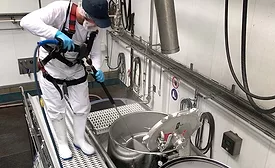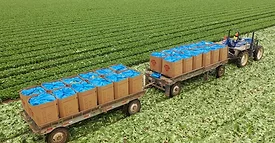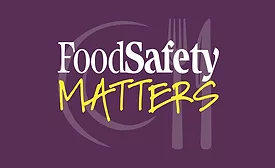Supply Chain
Food on the Move: Managing Hygiene and Safety Risks in Transport
The transportation of bulk food within supply chains presents unique risks, particularly regarding the cleaning processes between loads in different countries and organizations
April 7, 2025
Traceability as a Tool Versus an Answer
Traceability means that one can identify not only the source of the ingredients, but also a whole set of inputs—the entire history of what went into making the product
April 3, 2025
Never miss the latest news and trends driving the food safety industry
Newsletters | Website | eMagazine
JOIN TODAY!Copyright ©2026. All Rights Reserved BNP Media.
Design, CMS, Hosting & Web Development :: ePublishing










